I’ve been blogging for well over ten years in various forms: chatting about my word count, connecting with other writers, hopingsomeone somewhere wouldsomehowdiscover me. It wasn’t until the beginning of 2016 that I decided this was incredibly naive and that I needed to change my strategy (and become my own super hero).
(Yes, I know, what took me so long? But I was also battling imposter syndrome and had no self-belief when it came to my writing.)
It has been fascinating to see the changes, over the last decade, as the internet evolved. There’s been the massive growth in blogs, changing from online diaries to professional brands, the huge rise in the visual and the different apps available to share content with social media. All being done from the comfort of your smart phone.
But what has amazed me more than anything is the the way many, many people are giving up regular, traditional jobs, to become online entrepreneurs.
At the end of 2015 I asked myself: what can I, as a writer, learn from them?
I had an agent. I had a recipe book proposal written and looking good. But, because I had no platform such as a TV programme, publishers were unwilling to take the leap with me.
So, since early spring of 2016, instead of wailing into my (copious cups of) coffee, I decided to go about creating an author platform. Not on TV but by using the apps available to me on the internet. I adopted many of the strategies and tactics that these successful online entrepreneurs were using. I purchased courses and e-books (more on the latter in a future post).
I’ve scratched my head long and hard whilst figuring out what I wanted to say. How I wanted to be seen. I’ve experimented with many forms of social media to grow my audience. Instagram being the main platform where I have a highly engaged audience of nearly 10k. But I’m also on Twitter, Facebook, Pinterest, Steller and YouTube. Then there’s this blog, abookishbaker.co.uk, too.
It has taken me some time but my followers are up. They’re engaged. My blog stats are very healthy. I’ve learned SO MUCH about the practical aspects of online working (creating videos, learning how Pinterest works, how to take and edit photographs with my iPhone, Steller, how to encourage people to follow me on Instagram, how to set up a Facebook page, how to send emails via Mailchimp) as well as marketing in the past year.
A positive side effect of this strategy that I hadn’t anticipated is I’ve shrugged off imposter syndrome (most of the time). I’ve begun putting my writing, my non-fiction stories, online. I’ve incorporated my writing into my Instagram photographs and my YouTube videos.I’m experimenting with my creativity and I’ve found different subjects to write about. It is taking me into exciting new directions.
PLUS - I’m connecting with a fast growing audience.
I would hear from other writers, from those not yet published, to self-published, and the traditionally published, worrying about marketing their books. Thinking they were bothering their followers. Feeling anxious and a bit sick about the idea of selling their book, their product. A book they’d poured everything into but, because they didn’t know how to promote, it may never get read by a large audience.
Because no-one knows about it.
And it occurred to me that the way I was doing it: creating my online platform, adopting the tactics of these online entrepreneurs, adapting them from a writer's perspective - the way I had actively gone out there and sought an audience, could work for other writers, too.
Which is why I have written this ebook. To share my knowledge with others.
For more tips about social media marketing for authors you can:
Like my Facebook page
Follow me on Pinterest



